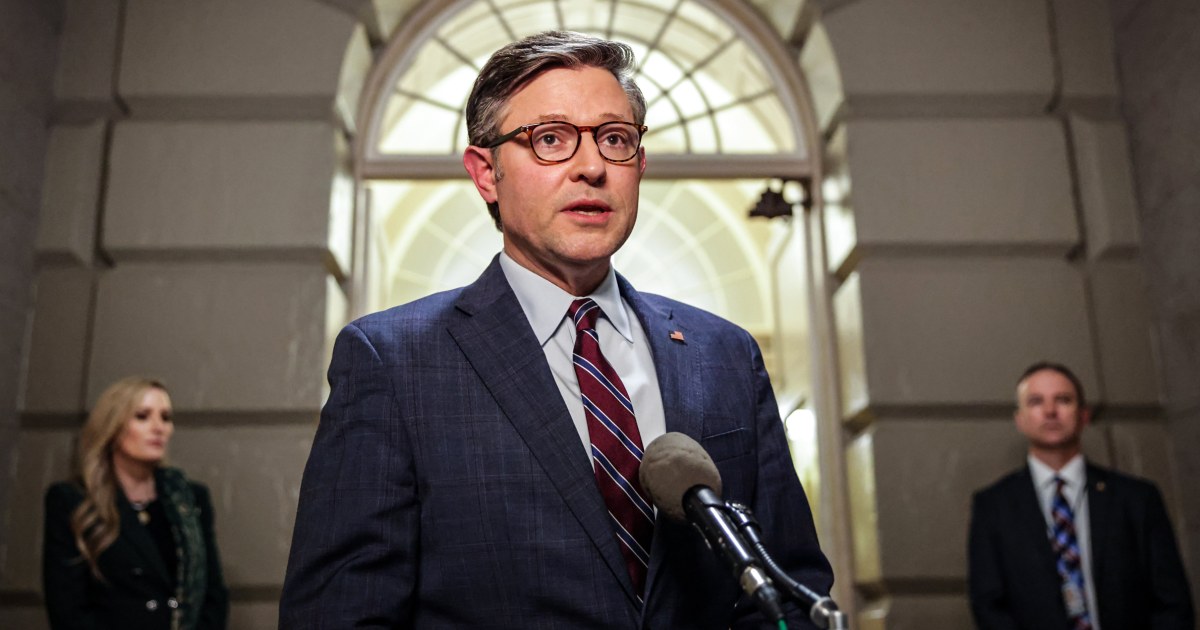Key takeaways:
- A new funding proposal by House Republicans aims to extend government funding until the end of the fiscal year 2025, amid concerns over spending cuts by Elon Musk’s executive branch entity, DOGE.
- The proposed continuing resolution requires a simple majority in the House and support from at least 60 senators, including seven Democrats, to prevent a government shutdown by the end of the week.
- House Speaker Mike Johnson is pushing for a vote on a six-month funding extension, facing criticism from Democrats for its partisan nature and focus on increasing military spending while cutting non-defense programs.
In a period marked by heightened tensions regarding the separation of powers, a new funding proposal has emerged as a focal point of legislative activity. The proposal, introduced by House Republicans, aims to extend government funding until the end of the fiscal year 2025. This comes amid ongoing actions by Elon Musk and his executive branch entity, DOGE, which have been making significant cuts to government spending, affecting various offices and agencies. These actions have raised concerns about adherence to previously established funding legislation passed by Congress.
The proposed continuing resolution (CR) was unveiled on Saturday and seeks to maintain government operations beyond the looming deadline. For the legislation to advance, it must first secure a simple majority in the House of Representatives. Following this, it will require the support of at least 60 senators, including seven Democrats, to overcome a potential filibuster in the Senate. The path to preventing a government shutdown remains uncertain, with the deadline fast approaching at the end of the week.
House Speaker Mike Johnson, a Republican from Louisiana, is pushing for a House vote on Tuesday to approve a six-month funding extension. This measure has been developed on a partisan basis, leading to criticism from congressional Democrats who were excluded from the negotiation process. The proposed stopgap funding measure has faced opposition from Democrats due to its emphasis on increasing military spending while reducing allocations for non-defense programs.
As the deadline for a potential government shutdown approaches on Friday, March 14, the urgency for a resolution is mounting. The Republican-controlled Congress faces the challenge of navigating these legislative hurdles to ensure continued government operations. The outcome of this legislative effort will have significant implications for the balance of power and the future of government funding priorities.



Be First to Comment